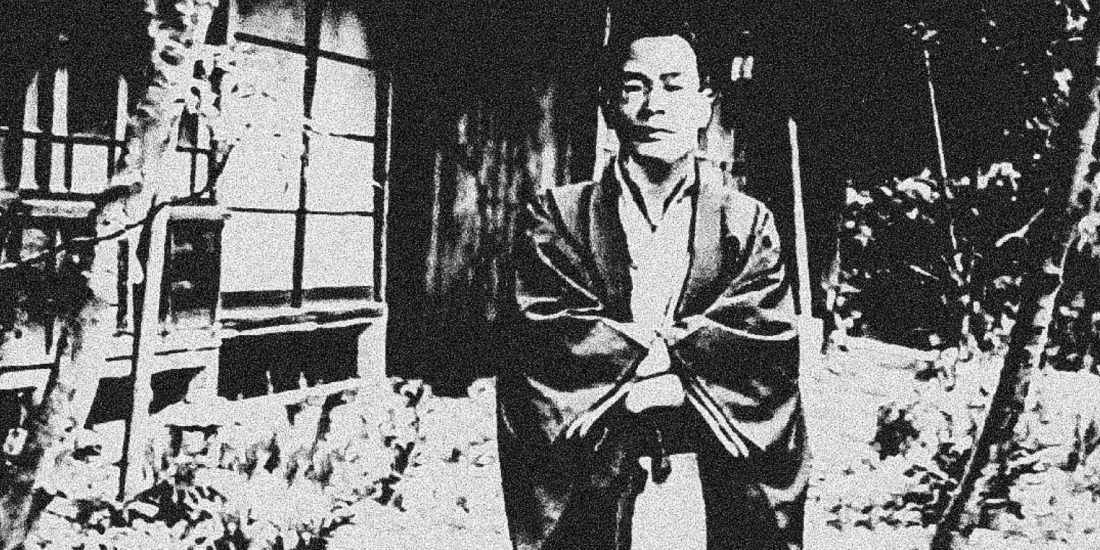D.T. Suzuki is best known for having introduced the Zen school of Buddhism to the West. His long life (1870-1966) has been praised by many scholarly and non-scholarly admirers alike as exemplifying the ideal “Zen life,” a life dedicated to peace and compassion. Yet, as early as his first book in 1896, Suzuki called on young Japanese soldiers to “regard their own lives as being as light as goose feathers.” During the Russo-Japanese War of 1904-5, Suzuki exhorted Japanese Buddhists to “carry the banner of Dharma over the dead and dying until they gain final victory.” And as late as June 1941 Suzuki informed Imperial Army officers: “It isn’t easy to acquire the mental state in which one is prepared to die. I think the best shortcut to acquire this frame of mind is none other than Zen.” This presentation asks how was it possible for Suzuki to garner such admiration in the West ever as he encouraged the Japanese people to die in wars of conquest. More importantly, it seeks to identify “lessons to be learned” for scholars, especially historians, as they research both individuals and the events surrounding them.
D.T. Suzuki: How Did Scholars Get It So Wrong?

